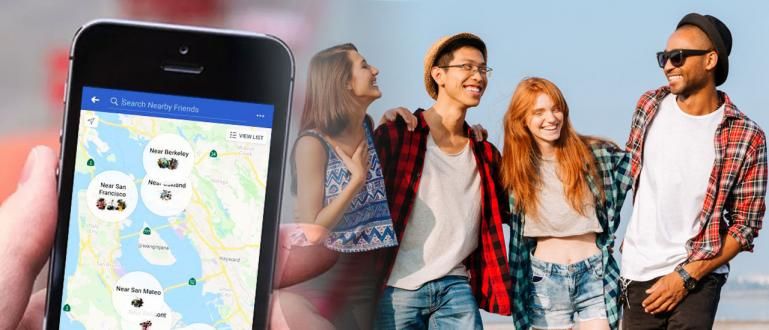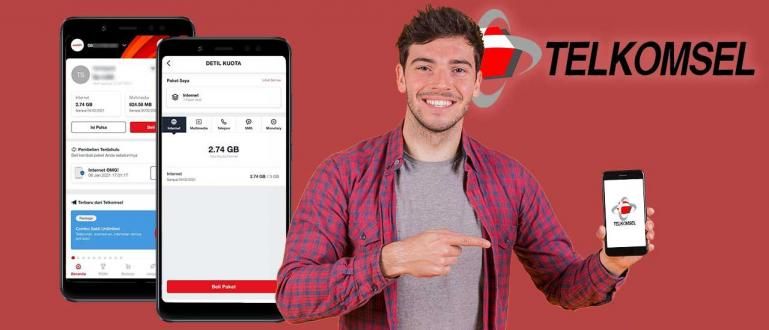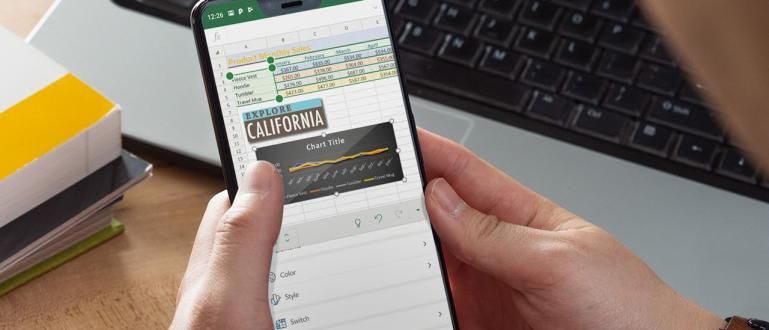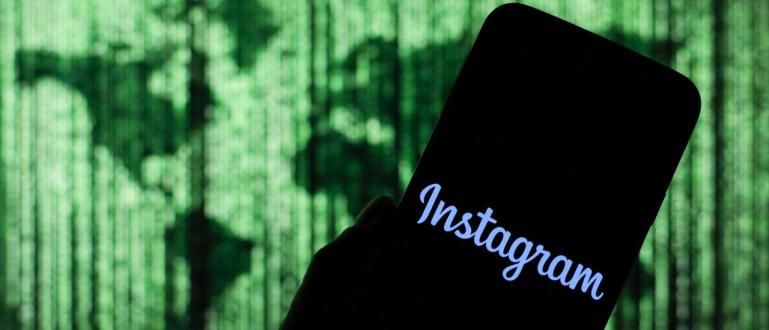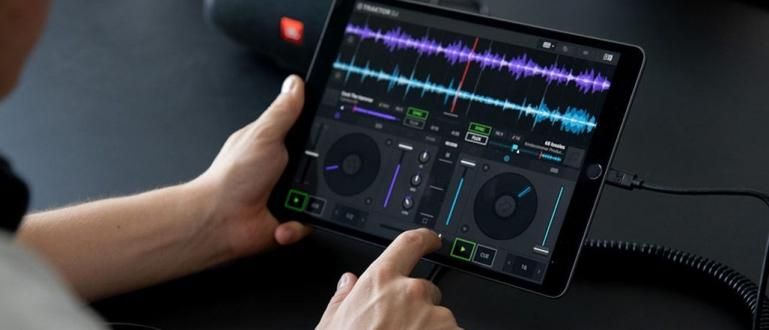Is it safe to use public WiFi facilities? For that, here's how to use public WiFi safely, and here are seven things you should know.
The internet has become a necessity for smartphone users who are needed anytime and anywhere. WiFi hotspot connection is one of the solutions to meet increasing internet needs.
The question is is it safe to use public WiFi facilities? Because hackers can steal personal data and we don't know how big the impact of the loss is until we actually experience it ourselves.
For that, here's how to use public WiFi safely, and here are seven things you should know.
How to Use WiFi in Public Places Safely
1. Check WiFi Authenticity

Before you connect to WiFi, make sure you check its authenticity, for example if you are in a cafe you can ask the waiter directly. Make sure you choose the right WiFi network and enter the password correctly.
Don't trust WiFi networks that don't require a password. Cybercriminals generally create networks like this to steal users' private data.
To secure a WiFi network connection, WiFi access providers and individuals usually use security WPA or WPA2. At least it shows that the connection is encrypted.
 VIEW ARTICLE
VIEW ARTICLE But even networks that require a password can't be completely trusted. Criminals can also easily find out the password used to connect to a WiFi network. Then use it to create a fake Wi-Fi network with the same name.
2. Only Open HTTPS Based Websites

You have to make sure that the web pages you visit with public WiFi are using https which encrypts everything you send and receive from the site.
If possible, enable settings like this for all the important services you have. For those of you who use Google Chrome, Firefox and Opera browsers, ApkVenue recommends installing an extension HTTPS Everywhere from the Electronic Frontier Foundation (EFF).
3. Avoid Accessing Sensitive Information

When you use free public WiFi, don't use it to access sensitive information. Such as transacting online, opening work files, opening email, banking accounts, and other important services.
If necessary, it is better to use your mobile data connection. In addition, never access pornographic content with free public WiFi. In addition to violating ethics and norms, doing something indecent like this can also damage people's views of you.
 VIEW ARTICLE
VIEW ARTICLE 4. Select Network Manually

If you are using a Windows-based laptop, every time your computer connects to a new WiFi network, you can choose to connect automatically when a WiFi network is available or choose manually.
So make sure you select the network manually, as well as on the smartphone. If necessary, click "forget" to ensure that your device will not reconnect.
5. Turn off WiFi

When you are not using WiFi, then turn off this feature. This step will protect the data and help to save the battery power of the device. It will also protect you from tracking methods used by various organizations.
For example, when you are in a shopping center with active WiFi conditions. Of course the smartphone will search for available networks and at the same time transmit the MAC address owned by each phone.
WiFi hotspot will record data every time it receives an access request from a smartphone. Based on this information, marketing experts often map out a client's route to find out what items can catch their eye.
The point is that you disable WiFi when not in use to maintain privacy and misuse of information.
6. Adopt 2FA

The next safe step for using public WiFi is to make sure you have used Two-Factor Authentication (2FA) on all the supported services that you use.
2FA itself is an online account security feature where we will verify identity at least 2 times, this is usually combined with a password and a special code via SMS.
With this, even though the hacker managed to get the password and user name of our account, it still cannot be used because it requires an additional password that is sent to your phone number. Oh yeah, don't forget to also do log out from the account you are using.
7. Using a VPN

The last and no less important step is to consider using a virtual private network (VPN). This method is very good for protecting your data because the VPN service will encrypt all the data you send.
Generally, a VPN connection requires you to pay. But you can look for the free version. For example, try using Opera VPN, the Opera browser also has a VPN feature embedded. There's also ProXPN, Cyber Ghost, Your Freedom, and HotSpot Shield.
These service providers generally provide free standard plans, but have speed limits. As for the flat rate (flat rate) with a variety of attractive features only around a few dollars per month.
In addition, a VPN also has several additional advantages, namely that it can provide access services to various sources that are censored at home and abroad (if you need it).
In addition, you must also use a security solution that is certainly reliable. One of them is Kaspersky Internet Security which will warn you when connected to an unsecured network and prevent password leaks.
Conclusion
Maybe now you don't really care about the potential dangers of WiFi, before you actually experience it. Hopefully not, because it's important to implement the steps above.
That's how to safely use WiFi in public places and seven things you should know. Hope it is useful! Also read articles about WiFi or writing from Lukman Azis other.
